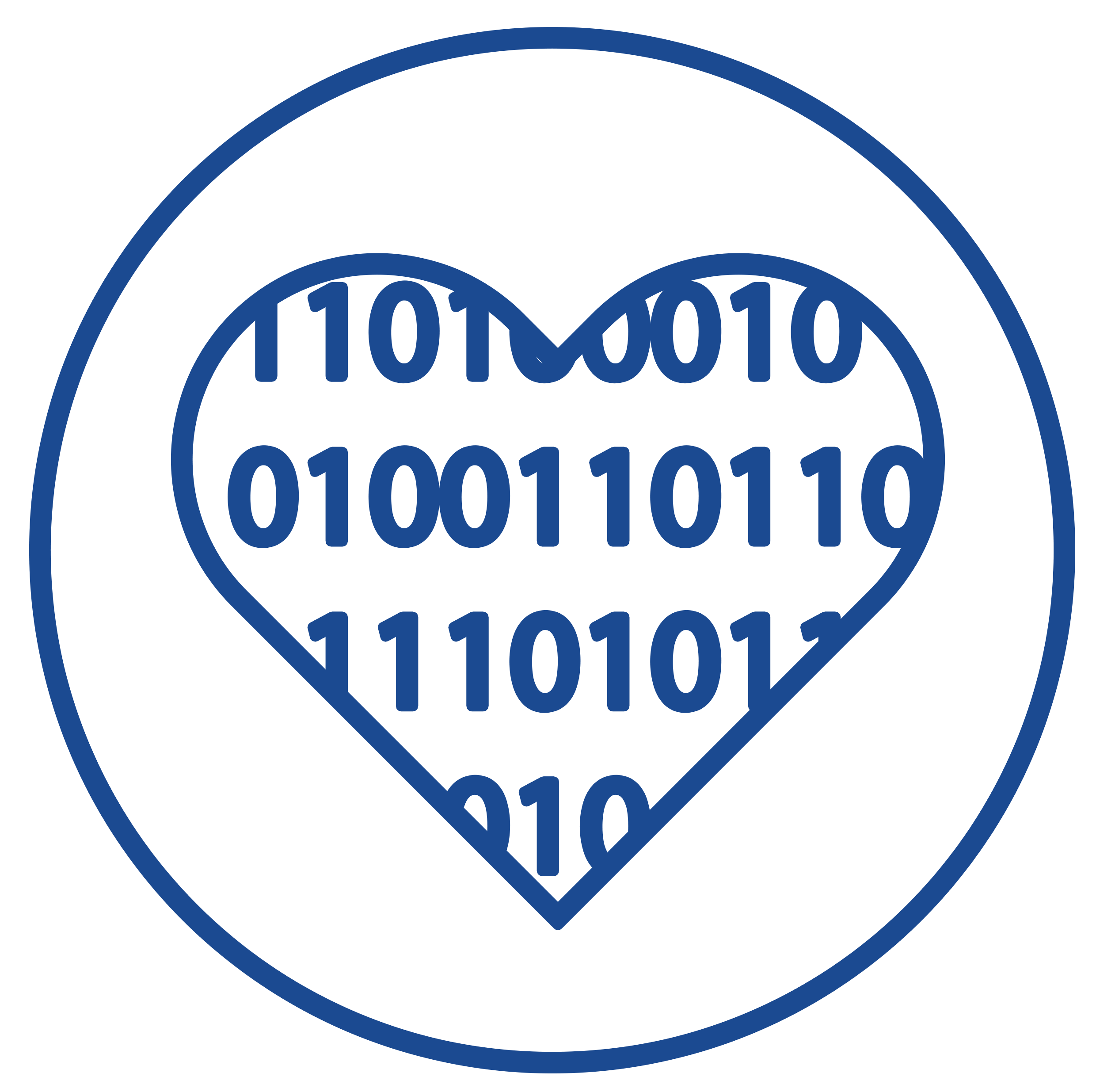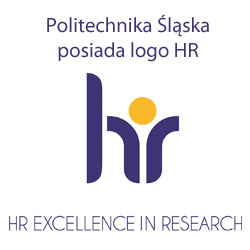Start - Research topics

Research topics
The dynamic industrial development that began in the 20th century and the change in the age structure of the society brought a large increase in the incidence of so-called civilisation diseases, currently responsible for over 80% of deaths. Integration of technical sciences with medicine and biology has in recent years contributed to a significant improvement in both diagnostics and planning and monitoring of the effects of therapy and the emergence of new research platforms allowing for an even greater understanding of the causes and evolution of diseases. Thanks to the long-term and systematically developed cooperation of the Silesian University of Technology (SUT) and the National Research Institute of Oncology in Gliwice (NIO), joint research is carried out in interdisciplinary research teams with support funded by the SUT, NIO, the National Science Centre, Poland (NCN) and the National Centre for Research and Development (NCBR) (over 70 projects acquired in the last five years ) and foreign agencies (NIH, EU FP7, H2020, Euratom, NSF, 14 grants). The thematic scope of the implemented projects is extensive, covering both molecular-level research and multifactor analysis of patients' survival.
University researchers are world-class experts in cancer research. They are prominent specialists in the field of personalized medicine and nanomedicine, and their achievements in medical image processing algorithms are at a high global level. It is confirmed by very numerous publications in the most renowned scientific journals in the field of computational oncology (> 100 in the top 10% according to the Scopus / WoS list during the last five years) and documented by 14 joint projects with researchers from the top100 universities from the Shanghai list (Uni of Cambridge, Columbia Uni, Uni of California LA and San Fran, Yale University, Imperial College London, Heidelberg Uni, Technical University of Munich, Uni-Texas, MD Anderson Cancer Center, Uni-Geneva, McGill Uni, Rice Uni, Uni of Florida or Stockholm Uni).
Works on tumour genomics, including clonality evaluation algorithms and cancer cell evolution models, or those focusing on the multi-domain cell proliferation and EMT and NF-kB signalling pathway interactions, have met with great interest from other researchers. Integration of information at various levels (molecular, cellular, cancerous) is the future direction, and research in this field is carried out in collaboration with specialists from leading American (Columbia, UT, Baylor College of Medicine, Rice) and Polish research institutions (IPPT PAN, NIO ).
Scientists from SUT compiled bioinformatic tools for automated identification of tumour area and its heterogeneity based on metabolomics profiles obtained with mass spectrometry imaging techniques, and developed machine learning methods also allow the identification of cell subpopulations in transcriptomic studies of single cells (in collaboration with Yale Uni) or mass cytometry. The translational research conducted by researchers from SUT, which includes the modelling and prediction of cellular response to radio- and chemotherapy (along with CEA, France and PHE, UK) and the search for biomarkers of radio-sensitivity, are an essential element supporting modern personalized medicine in cancer.
Research on diagnostic tests in the early stage of cancer (along with NIO and Gdańsk Uni Med) is an example of an effective combination of mathematical modelling methods, artificial intelligence algorithms and advanced knowledge in molecular biology. Experts from SUT are also involved in multi-centre studies in the field of drug pharmacodynamics, protocol optimisation, and prediction of the results of anti-cancer therapies with the use of systems engineering tools. They are coauthors of innovative technologies for the production of advanced materials and coatings with anti-cancer properties for regional chemotherapy.
Computer-assisted diagnostics and therapy based on multimodal data using image navigation in 3D and 4D series of abdominal parenchymal organs are the subjects of SUT research teams too, and the developed breast biopsy support system has been successfully used in NIO procedures. The development of innovative optoelectronic sensor structures for applications in the rehabilitation of motor disability (with the Cardiac Surgery Foundation in Zabrze PAKS) is another example of successful cooperation between clinicians and SUT scientists. Moreover, along with the Silesian Uni Med and PAKS clinics, telemonitoring and surveillance systems are being developed, understood as remote registration and monitoring of patient activity as well as supervision of safety at the place of residence, and prediction of health status (including nutritional status) of cardiac patients. The developed methods are also used in the hybrid support systems for sports rehabilitation (carried out with experts from the Academy of Physical Education in Katowice).
Statistical analyses of SUT scientists and Memorial Sloan-Kettering, Rice Uni, UT and Cornell Medical College showed the possibility of a 20% reduction in deaths caused by lung cancer after computed tomography screening, which was later confirmed by the National Lung Screening Trial, USA. Together with radiologists from NIO, GUMed and Uni of Heidelberg, an algorithm for the automated identification of neoplastic lesions on magnetic resonance imaging and computed tomography, primarily of brain and lung tumours, was developed. The resulting bioinformatics tools, thanks to the signal decomposition and redefinition of feature space, achieve very high accuracy of segmentation of the tumour region and its internal structure and constitute an important element of the radiomic detection system of early-stage lung cancer. It is planned shortly, together with scientists from DKFZ, Heidelberg, to develop an application that will support cancer diagnostics, and will cooperate with standard CT consoles, and the resulting system will be used in the Polish national screening program. The scope of these studies also includes ongoing work related to the development of tools for dose monitoring in radiological studies.
SUT scientists are also involved in the work on a non-invasive optoelectronic system for the diagnosis of neoplastic changes in human tissues in cooperation with scientists from Uni of Florida and French research institutes. Medical imaging includes postoperative images and biopsies of thick-needle tissue sections too. Developed together with pathologists from the International Immuno-Oncology Working Group, Brussels, McGill Uni and Fudan Uni, the innovative system of automated assessment of the sTIL immune response index based on such images will successfully support therapy planning, especially for breast cancer.
The possibility of therapeutic monitoring of drugs using modern miniaturised green chemistry solutions is another step towards precision medicine. Research in this area is conducted with partners from Cambridge Uni, Imperial, Trinity College Dublin and Uni of Linköping. Innovative electroactive protective coatings combining high biocompatibility with antibacterial and antifungal properties have been developed in the SUT laboratories. Nanometric surface functionalisation techniques were also used in biomaterials for the diagnosis and treatment of neurological disorders. Precise medicine support also means creating tools for modelling in silico of medical procedures or implants' impact on the body. Developed in cooperation with the Burn Treatment Center in Siemianowice Śląskie, mathematical models of hyper- and hypothermia processes, including using novel non-Fourier methods for describing heat flow in living organisms, allow prediction of the degree of burns and assessment of burns and chronic wounds. The device constructed has been recognised in many international competitions and exhibitions.
Civilisation diseases and the problems of ageing populations pose new challenges that the SUT researchers are successfully pursuing and implementing.













